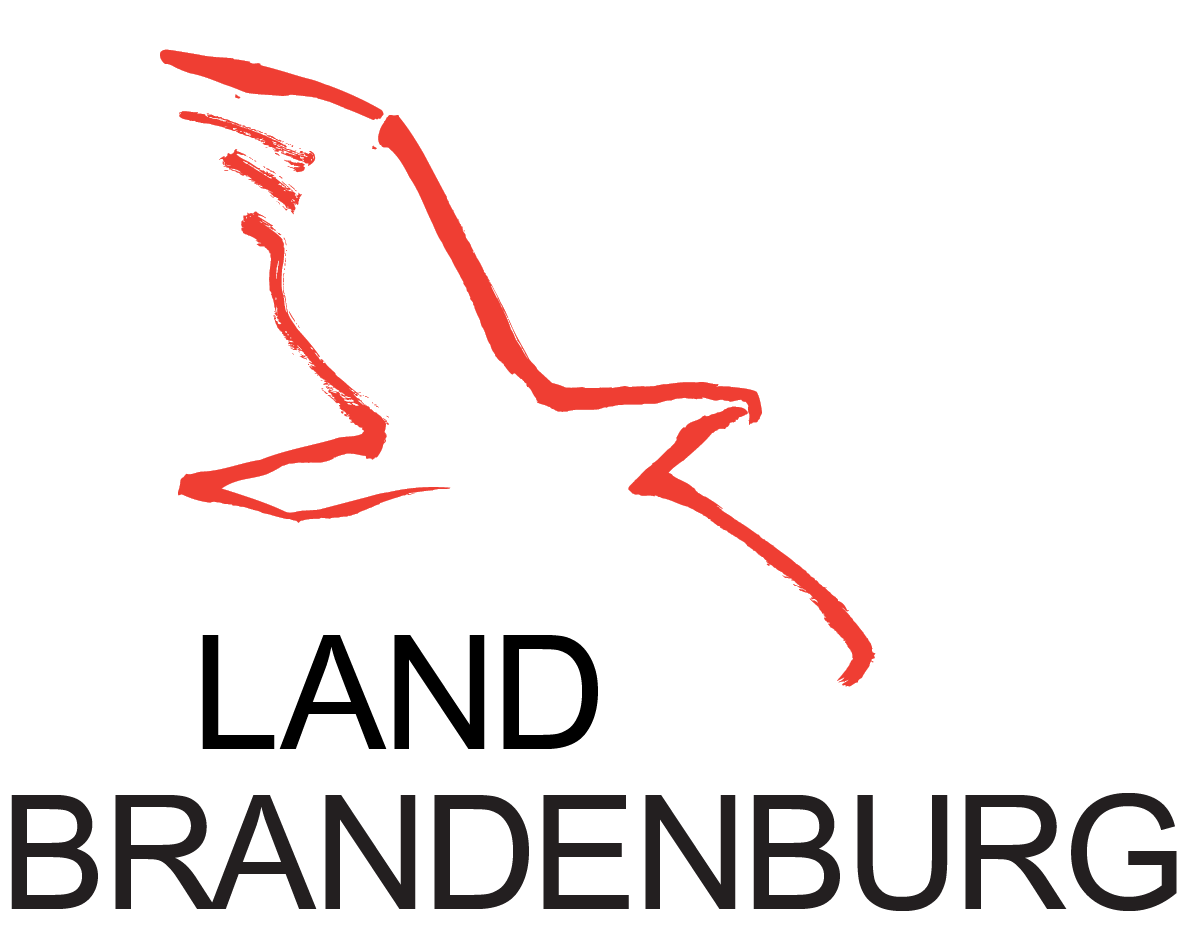Administrative services A-Z
Please enter a town (or postcode) where you are looking for the service
search place
Burning of a campfire/a traditional fire (e.g. Easter bonfire)
Before you light a traditional fire (e.g. Easter fire) or a campfire, you must first obtain an exception. The contact person is the regulatory authority of your municipality.
Your responsible authority
-
Detailed description
In principle, the burning and burning of substances outdoors is prohibited if the neighborhood or the general public may be endangered or disturbed by this. This also includes campfires and traditional bonfires.
Therefore, you must obtain an exception for a traditional bonfire (e.g. Easter bonfire) or a campfire before lit. The specific formal requirements for the application vary, so you should contact your municipality. The feedback from the authority should be awaited.
For a campfire or a traditional fire, only natural, dry wood such as logs, short branches and brushwood may be used. Freshly cut wood is not suitable. You are also not allowed to burn wood waste from painted wood or wood treated with wood preservatives, demolition wood contaminated with tar or roofing felt, plywood, chipboard, etc.
Vegetable waste from your household or garden (e.g. Lawn clippings and leaves, fresh tree and shrub clippings), must also not be burned. This is because incineration is also waste disposal, which may only be carried out in appropriate and approved disposal facilities. Garden waste must be left to the public waste disposal authority if it cannot be composted in one's own garden.
It is also not permitted to light or maintain a fire in a forest or at a distance of less than 50 meters from the edge of the forest.
In addition, it should be noted that there should not be a longer period of time between the accumulation of the fuel and the ignition, because such debris is often used as shelter for animals (e.g. Toads, hedgehogs). If this cannot be ensured, other measures (guarding, redeployment before ignition, precise control of debris immediately before ignition) should ensure the protection of living beings from burning.
If the requirements for an exemption from the ban on incineration are met, the competent regulatory authority may grant an exception to the ban at your request. However, there is no entitlement to an exception to the ban on incineration.
-
Requirements
The campfire or the traditional fire must not endanger or harass the neighborhood or the general public. In addition, air pollution can only be expected in the short term.
For the campfire or traditional fire, only natural, dry wood (e.g. logs, short branches and brushwood) can be used. Treated woods (painted, varnished, etc.) may not be used. In addition, no household or garden waste may be incinerated.
An organizer must be named who is responsible for compliance with the regulations (e.g. fire safety, registration of the event). In addition, the fire must always be under supervision.
Special regulations may apply in the vicinity of buildings that are particularly at risk of fire (e.g. thatched houses), in forests or at a distance of less than 50 metres from the edge of the forest.
Please inquire with the municipality about the other requirements.
If the requirements are met, the competent regulatory authority may grant an exception to the prohibition at your request. There is no entitlement to an exception to the ban on incineration.
-
Documents
Depending on the relevant regulations of the municipality, please inquire there.
-
Fees
Framework fee of 10 – 77 euros
-
Process
For the display of a traditional fire/campfire, usually only an informal application is necessary. Since this is handled differently in the municipalities, please inquire with your municipality about the formalities and the documents to be provided.
-
Deadline
Depending on the relevant regulations of the municipality, please inquire there.
-
Responsible authority
Your local authority
-
Legal basis
Federal law as well as local statute law
§ 28 Closed Substance Cycle Management Act (KrWG)
Section 4 (1) of the Waste Compost and Incineration Ordinance (AbfKompVbrV)
Section 7 (1) of the State Immission Control Act (LImschG)
§ 1 in conjunction with No. 2.4.2 Annex 2
§ 23 Forest Act of the State of Brandenburg (LWaldG)
-
Pointer
The wood used for the fire must not contain any components that are harmful to the environment. Suitable wood is natural, the rule of thumb is: only use wood that can also be used for mulching or composting if chopped.
Impregnated, glazed, lacquered or coated wood as well as chipboard, blockboard, laminated wood, etc. are not suitable.Waste from households and gardens such as bulky waste, leaves, green waste or hazardous waste must also not get into the fire.
Fire residues should be spread over a large area on suitable surfaces. They should not be left collected at the scene of the fire, since in excess they adversely affect soil fertility. In case of doubt, they must be disposed of via waste disposal. In any case, inquire at the municipality about appropriate regulations. -
Approved
Ministry of Agriculture, Environment and Climate Protection (MLUK) of the State of Brandenburg
-
Approved date
10.02.2023
